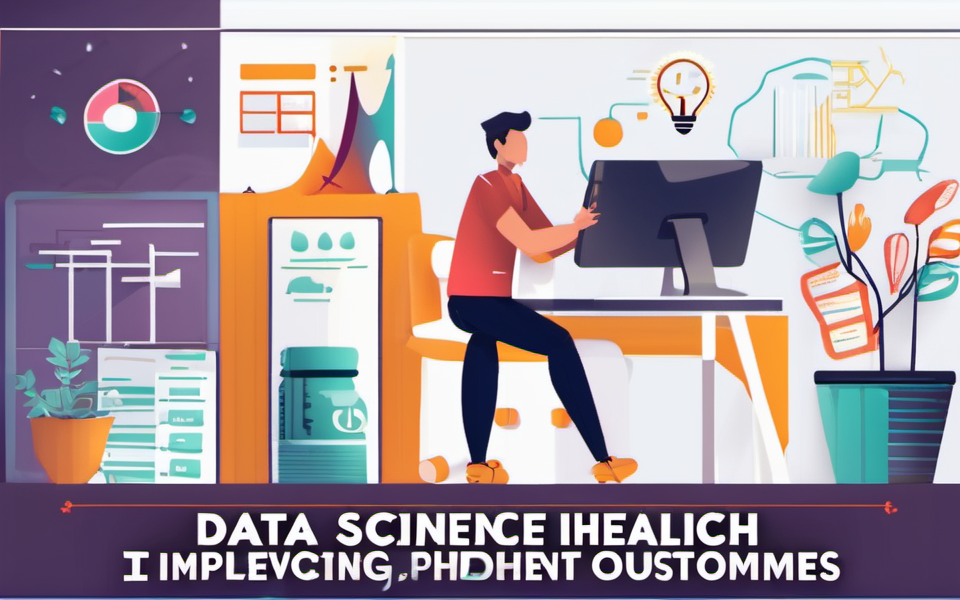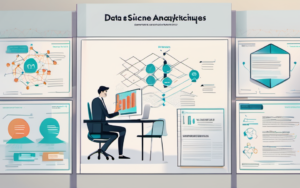Imagine a world where doctors can predict illnesses before they even start! Thanks to data science, this is becoming a reality. Buckle up, as we dive into the fascinating story of how data scientists are transforming healthcare and saving lives with their innovative techniques.
From Paper to Digital: The Journey of Medical Records
Back in the day, all medical records were kept on paper. Doctors and nurses had to sift through piles of paperwork to find patient histories, which was time-consuming and prone to errors. Enter Electronic Health Records (EHRs)! These digital records store all patient information in one place, making it easier for healthcare professionals to access and analyze data.
EHRs have revolutionized the way patient data is handled. Not only do they provide a comprehensive view of a patient’s health, but they also enable quick sharing of information between different healthcare providers. This leads to better, faster, and more informed decisions, ultimately improving patient outcomes.
Detecting Diseases Early with Predictive Analytics
Imagine being able to detect diseases like diabetes, cancer, or heart conditions before symptoms even appear. This isn’t science fiction—it’s happening right now, thanks to predictive analytics powered by data science.
Data scientists analyze vast amounts of data from various sources, such as patient records, lab results, and even wearable devices. By identifying patterns and trends, they can predict the likelihood of a patient developing a particular illness. This early detection allows healthcare professionals to intervene sooner, potentially preventing the disease or at least minimizing its impact. It’s like having a crystal ball, but one that’s grounded in hard data and scientific analysis.
Personalized Treatment Plans for Better Results
Not all patients respond to treatments in the same way. What works wonders for one person might not be effective for another. Data science helps tailor treatments to individual patients, making healthcare more personalized and effective.
By analyzing data from past treatments, genetic information, and other factors, data scientists can help doctors determine the best course of action for each patient. This personalized approach minimizes trial-and-error treatments and reduces the risk of adverse reactions, leading to better health outcomes.
Improving Hospital Operations with Data-Driven Decisions
Hospitals are complex ecosystems with many moving parts. From scheduling surgeries to managing staff, there are countless decisions to be made daily. Data science helps streamline these operations, making hospitals run more efficiently.
For example, predictive analytics can forecast patient admission rates, allowing hospitals to allocate resources more effectively. Machine learning algorithms can optimize staff schedules, ensuring that the right number of healthcare professionals are available when needed. These data-driven decisions not only improve hospital efficiency but also enhance patient care by reducing wait times and ensuring that resources are available when needed.
A Bright Future Ahead: The Continued Impact of Data Science
The impact of data science on healthcare is just beginning. As technology continues to advance, we can expect even more exciting developments in the coming years. From AI-powered diagnostic tools to real-time monitoring systems, the possibilities are endless.
The ultimate goal is to create a healthcare system that is proactive, rather than reactive. With data science leading the charge, we’re moving towards a future where diseases are detected early, treatments are personalized, and hospital operations are optimized. It’s an exciting time to be in healthcare, and data science is at the heart of this transformation.
In conclusion, data science is revolutionizing healthcare in ways we never thought possible. By digitizing medical records, predicting diseases early, personalizing treatment plans, and improving hospital operations, it’s paving the way for a healthier, more efficient future.




